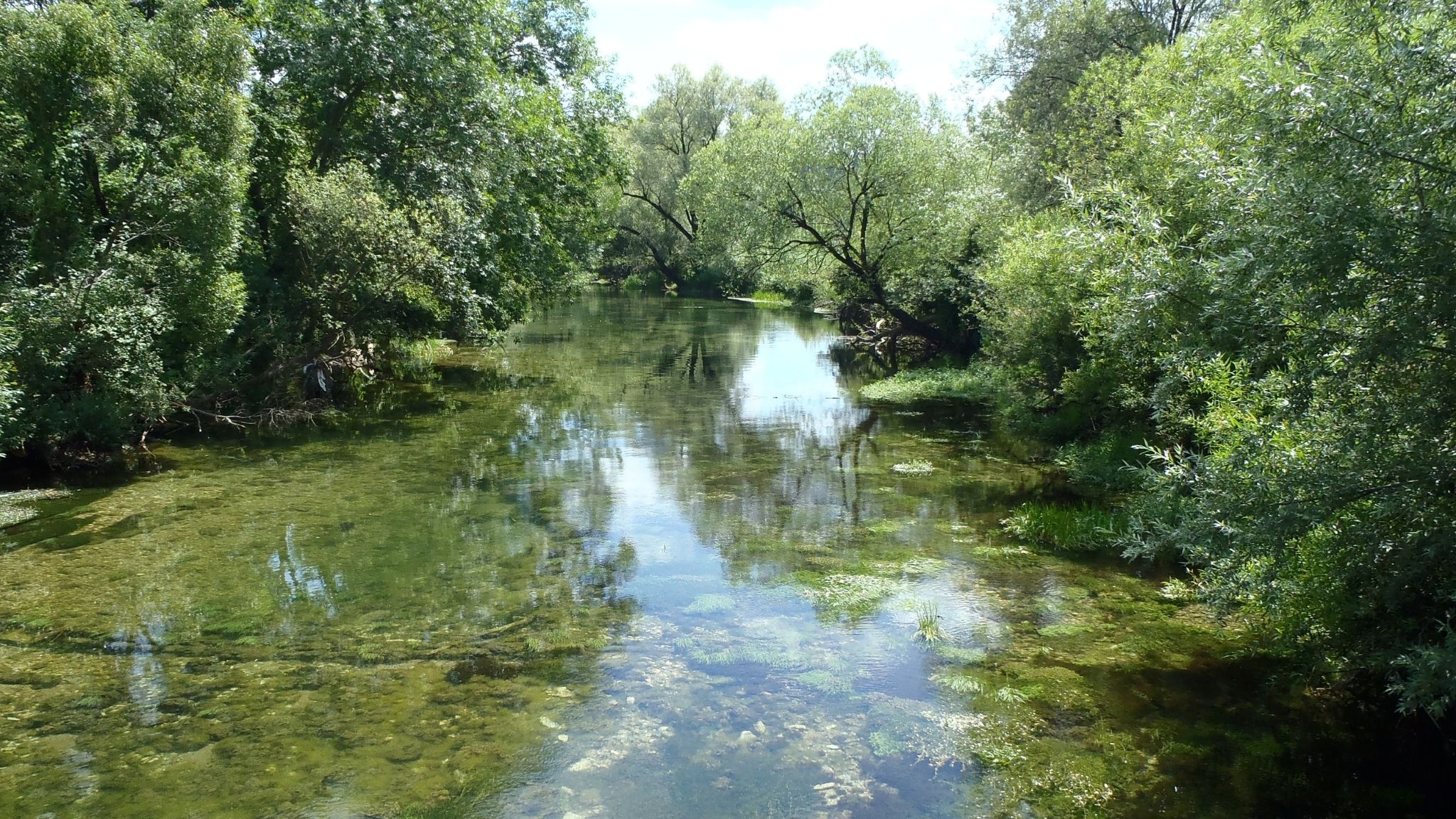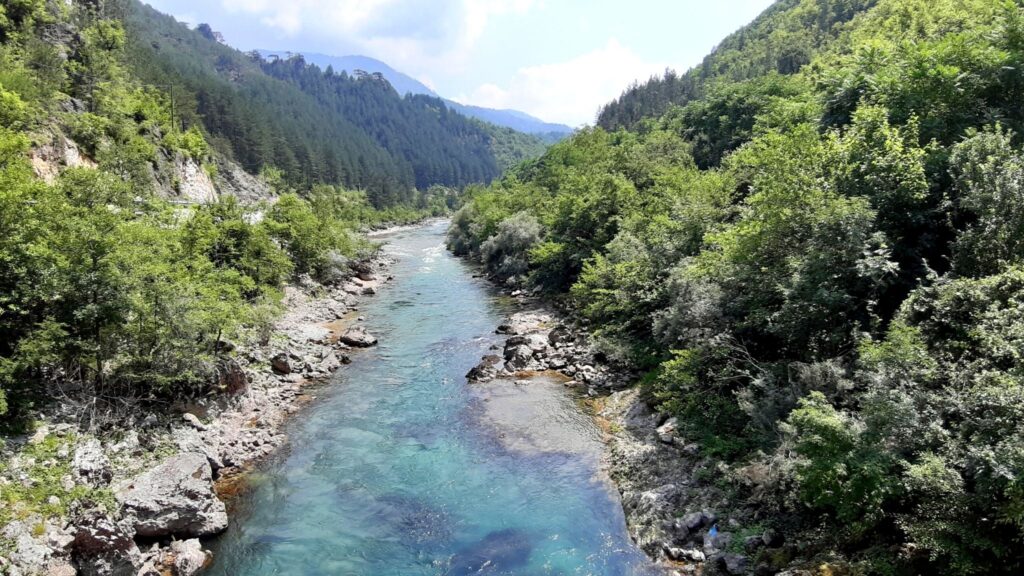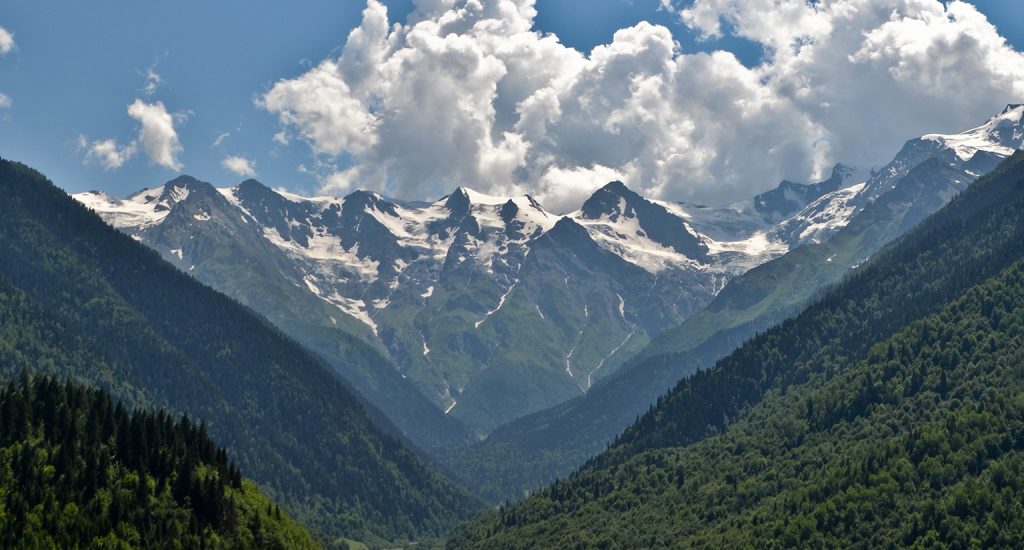The countries of the Energy Community Treaty have diverse energy mixes, but hydropower has traditionally played a strong role in many of them. Albania is almost completely reliant on dams for its domestic electricity generation, followed by Georgia with an average of 80 per cent of electricity generated by hydropower and Montenegro with an average of 55 per cent.

Stay informed
We closely follow international public finance and bring critical updates from the ground.
Background
The countries of the Energy Community Treaty have diverse energy mixes, but hydropower has traditionally played a strong role in many of them. Albania is almost completely reliant on dams for its domestic electricity generation, followed by Georgia with an average of 80 per cent of electricity generated by hydropower and Montenegro with an average of 55 per cent.
But what started as a strength is becoming a liability. More and more erratic rainfall is exposing how vulnerable hydropower is to climate change, while its damaging impacts on biodiversity, groundwater and sediment transportation are becoming better understood.
This has not stopped decision-makers’ zealous plans to develop the sector, including in countries like Ukraine hydropower has not traditionally played a major role. Decades-old projects are still being pushed against all economic and environmental logic, while a rash of small hydropower plants driven by feed-in tariff schemes has destroyed rivers and streams across southeast Europe.
The good news is that there are alternatives, with lower costs for the environment and also, increasingly, for the public purse, and that resistance to the unnecessary destruction of life-giving rivers is increasing day by day.
IN FOCUS
Latest news
Kambarata hydropower project: greater scrutiny from international banks is needed
Blog entry | 19 December, 2025Kyrgyzstan is promoting the massive 1,860 MW Kambarata-1 Hydropower Plant (HPP) as a solution to its ongoing energy crisis. The project, a joint effort with Uzbekistan and Kazakhstan on Naryn River, is actively seeking funding from international financial institutions like the World Bank, the European Bank for Reconstruction and Development (EBRD) and the European Investment Bank (EIB).
Read moreAlbania’s Skavica dam can’t get off the ground – time to finally cancel it!
Blog entry | 24 November, 2025The highly damaging hydropower project could hardly have had stronger political support at its inception, with the country’s parliament passing a special law in 2021 to appoint U.S. construction giant Bechtel as the main contractor. But four years later, the project has stagnated, with no environmental permit and no financing.
Read moreRomania’s Parliament paves the way for environmental destruction and ‘foreign agent’ repression
Blog entry | 20 October, 2025Romania stands at a dangerous crossroads. Last week, a law initiated by the senator Daniel Zamfir in 2022 and already then rejected by the Senate, passed by a crushing majority (262–33) in the decisive Deputies Chamber.
Read moreRelated publications
Briefing on Nenskra hydropower plant for the European Investment Bank
Briefing | 25 February, 2016 | Download PDFThe European Investment Bank (EIB) is in the early stage of assessing a loan for the 280 megawatt Nenskra hydropower plant, located on the Nenskra and Nakra rivers in the Caucasus mountain valleys inhabited by ethnic Svans. The poor quality assessment of the project, together with the neglect of the opinion of locals, threatens to aggravate the fading public acceptance of hydropower. With this project, the EIB and other potential international financiers have a chance to insist on changes to the imprudent course hydropower developments have taken in Georgia and to request tighter environmental and social regulations.
Nenskra hydropower plant, Georgia
Briefing | 2 February, 2016 | Download PDFFor the last decade, the government of Georgia has promoted hydropower as a way of tackling energy security and turning the country into a regional energy player. The EBRD has been one of the key catalysts of this hydro boom. Yet the presence of the EBRD and other international financial institutions has not been enough to ensure the development of comprehensive energy strategies, robust project assessments and meaningful public consultations. The potential for social and environmental problems is therefore prevalent. The Nenskra hydropower plant is yet another project that lacks the proper assessment and has failed to gain acceptance from the local communities.
Greening the EBRD’s portfolio – or greenwashing it
Bankwatch Mail | 17 December, 2015 |No matter how you look at it, the so-called sustainable energy approach being taken – and loudly trumpeted – by the European Bank for Reconstruction and Development (EBRD) is simply at odds with both climate science and the recently adopted Sustainable Development Goals (SDGs).




